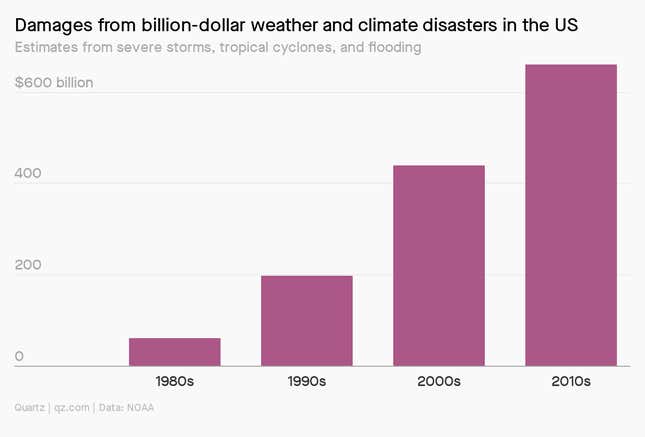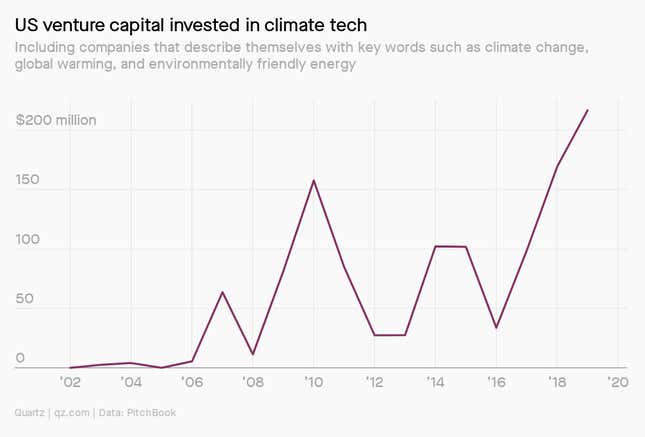Good morning, Quartz readers!
Here’s what you need to know
Did Trump forget about TikTok? Today is the deadline for the short video app to finalize a sale to American owners, but TikTok says it’s still waiting to hear from the current US administration about its efforts to address the government’s data privacy and security concerns. Meanwhile, the UK proposed legislation that would increase scrutiny before foreign takeovers of British companies.
Beijing is effectively in control of Hong Kong’s legislature. China’s top legislative body issued a decision allowing the Hong Kong government to bar anyone it deems a national security threat from serving on the city’s law-making council. Minutes after the decision, the government disqualified four opposition lawmakers. Their remaining 15 colleagues plan to resign in protest on Thursday.
India ordered sweeping oversight of online content. Internet freedom proponents warned the government’s plan to subject streaming platforms like Netflix and Amazon, social media platforms like Facebook and Twitter, and online news portals to state regulation would lead to censorship.
Alibaba’s Singles Day sales topped $74 billion. The good news? The Nov. 11 shopping holiday set a new record, although some sales began Nov. 1. The bad news? New Chinese regulations could shave over $150 billion from the post-IPO valuation of Alibaba’s financial affiliate Ant Group.
Myanmar’s opposition party refuted the country’s election results. Although preliminary counts showed Aung San Suu Kyi’s ruling party handily won enough seats to form a government, the military-backed Union Solidarity and Development Party called for a rerun of the polls over alleged “irregularities and unfairness” before and during the election.
Cleaning up Chrome
As Google faces mounting antitrust scrutiny in the US, prosecutors are considering splitting off Chrome from the rest of the business. Selling the world’s most popular browser to a new owner might address monopoly concerns, but it could also have effects beyond Google’s business, like:
🍪 Tracking cookies will never look the same. Chrome is the last major browser that doesn’t default to block third-party cookies, which advertisers use to follow users around the web. A new owner could quickly implement more privacy-oriented settings, which means…
🗞️ Digital ad revenues could go down the drain. If you can’t track users, you can’t show targeted ads to them. Cutting cookies could cause digital publishers to lose more than half of their revenue from programmatic ads, by Google’s estimates.
💸 Say goodbye to Silicon Valley’s favorite business model. Google’s own business is ad-centric, which is how it keeps the majority of its services free. A disruption to its ecosystem could throw the role of other free, ad-driven platforms (ahem, Facebook) into question.
Charting hurricane costs

Hurricanes are getting stronger and lasting longer worldwide—and as they do, the costs of their damages are rising. Warmer waters created by climate change allow the storms to penetrate further inland, jeopardizing more homes and encouraging some insurers to plan ahead for trouble. The US alone has suffered more than $50 billion in damages from weather and climate disaster events this year.
Enthusiastic and invested
Since 2018, global investment in climate tech has exceeded $900 million, more than the prior 10 years combined. The biggest investments went to companies like nuclear startup Commonwealth Fusion Systems ($199 million over two years), and the lab-grown meat company Wild Type, which closed a $12.5 million deal in 2019.

While that may sound like a lot, it’s still a pittance compared to digital tech and its multi-billion-dollar investments. And in the US, venture capitalists only invested about $217 million in 20 climate tech startups last year, just 20% of total global investment in the sector. Our latest field guide interrogates the role Silicon Valley has to play in the race to decarbonize the economy.
We’re obsessed with high heels
These shoes weren’t made for walking. The high heel may have actually started out as an eminently practical tool for equestrians. But over the last 1,000 years, this family of footwear has become a multi-billion dollar industry, a feminist lightning rod, and a literal pain in the butt. Sneakerheads and a global pandemic may be momentarily serving the stiletto—and its shorter, stockier cousins—a curveball. But no matter how many times it falls, the heel has a way of getting right back up again. Strut on over to the Quartz Weekly Obsession.
Want the Weekly Obsession delivered directly to your inbox? Sign up with the button below.
Surprising discoveries
New Zealand’s bird of the year competition sees voter fraud. The organizer said it is unclear who cast over 1,500 fraudulent votes for the little-spotted kiwi.
Japan’s CD-loyal music fans are discovering streaming. The services could grow to account for around 20% of sales this year.
Scientists discovered a new primate species. And it’s already endangered. The Popa langur, a monkey found in the jungles of Myanmar, has a population of less than 300.
Physicists reverse-engineered the universe’s origin. Firing trillions of protons a day in an underground lab, they replicated a nuclear reaction that happened moments after the Big Bang.
Get your heart pumping by starring in your own spy thriller. A new running app sends users on top-secret missions to evade snipers and beat their personal records.
Our best wishes for a productive day. Please send any news, comments, Singles Day steals, and new simian species to hi@qz.com. Get the most out of Quartz by downloading our iOS app and becoming a member. Today’s Daily Brief was brought to you by Katie Palmer, Liz Webber, Nicolás Rivero, Michael Coren, and Eleanor Cummins.